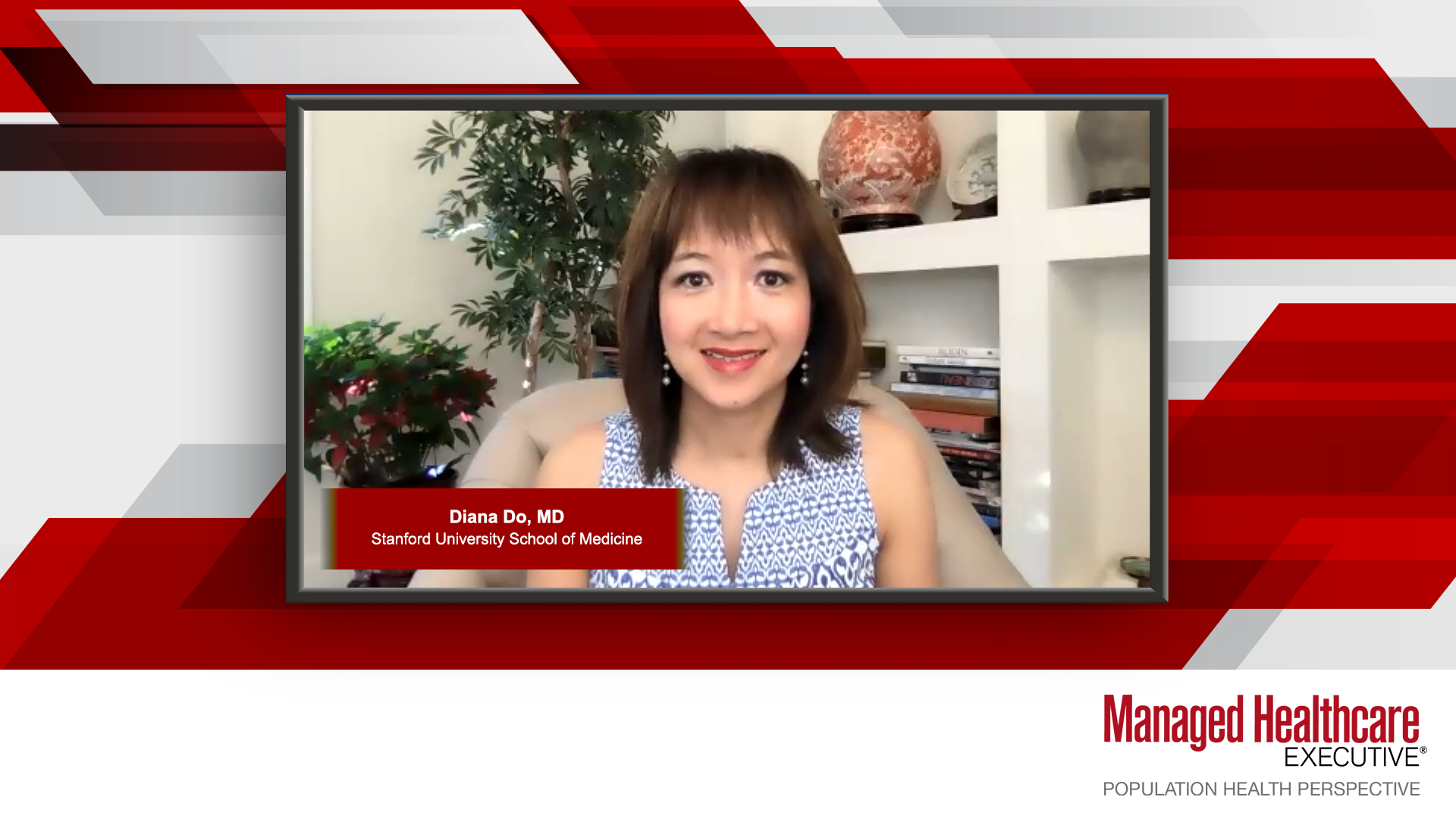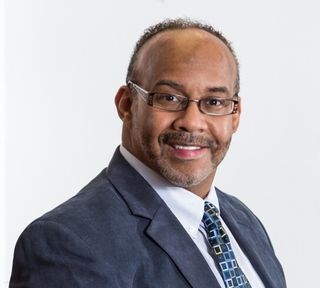
Population Health
Latest News
Latest Videos

CME Content
More News
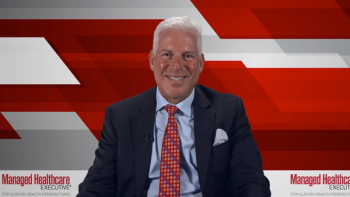
Steven Peskin, MD, MBA, FACP, provides insight into managed care considerations of wet AMD including clinical evidence evaluation, formulary management, and value-based agreements.
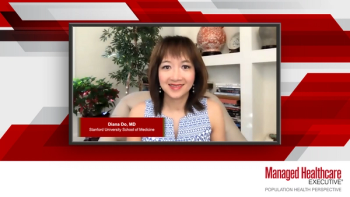
Diana Do, MD, discusses outcomes of interest for anti-VEGF agents, clinical evidence supporting the treat-and-extend approach, and strategies to overcome financial barriers in wet AMD.

Diana Do, MD, provides insight into anti-VEGF treatment selection for individual patients, evaluation of patient response to therapy, and considerations for switching of agents.

Diana Do, MD, provides an overview of available anti-VEGF agents used in the treatment of wet AMD and Steven Peskin, MD, MBA, FACP, discusses management strategies employed with these agents.

Diana Do, MD, and Steven Peskin, MD, MBA, FACP, discuss overtreatment and undertreatment in wet AMD in addition to the risks associated with delays in therapy.

Steven Peskin, MD, MBA, FACP, discusses drivers of cost and goals of therapy in wet AMD, and Diana Do, MD, discusses the different treatment approaches to the disease.

Diana Do, MD provides an overview of wet age-related macular degeneration including typical clinical manifestations, goals of therapy, and the current treatment landscape.


Researchers are documenting how income volatility is affecting the middle class and healthcare decisions of its members.

Everyone seems to be gearing up for value-based care, 2.0. It is hard to argue against the goal of moving from “volume to value.” The jabbing and the jostling are about the best way to get there.

According to the CDC, use of any contraception has remained stable in the United States. From 2015 to 2017, approximately 2 out of 3 girls and women ages 15 to 49 used some form of contraception,and a similar proportion did so from 2017 to 2019.

The pandemic caused a temporary dip in 2020. But as public health spending has decreased, sexually transmitted disease trends have increased.

Briana Contreras, associate editor of Managed Healthcare Executive, speaks with Chris Evanguelidi, head of healthcare at Redpoint Global, for this week's episode of "Tuning In to the C-Suite" podcast. In this conversation, the two discussed the best practices for closing the healthcare experience gap and devising an effective patient engagement strategy through a more patient-centric health system.
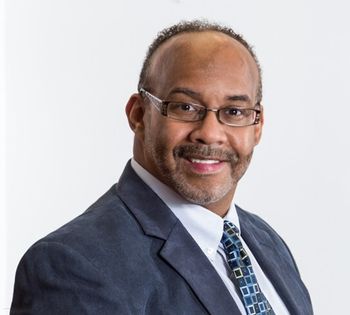
In this final part of a two-part video series, Briana Contreras, associate editor of Managed Healthcare Executive spoke with Dr. Sheldon Fields Associate Dean for Equity Inclusion and Research Professor in the College of Nursing at Penn State University, about the ongoing All of Us research program. All of Us is an initiative through partners of the National Black Nurses Association, which Fields is vice president of, and the National Institutes of Health that invites one million people across the U.S. to help build one of the most diverse health databases in U.S. history.

The model has put the patient at the center of healthcare.

Some of the usual suspects are on the list. And population health itself is trending as a competitive business and an area of study.

The four historically Black medical schools are part of the answer as U.S. healthcare reckons with racism and inequity. They are expanding and receiving record levels of donations.

The U.S. Preventative Services Task Force recently released an updated recommendation addressing lung cancer screening criteria at a sooner rate starting at 50-years-old rather than 55. The task force says this expansion will be especially helpful to those who face disparities to screening. Although, it won’t cover all disparities.

The value-based model hasn't produced cost savings and is not likely "to make the cut" to become permanent, says Kavita Patel, a former top healthcare official in the Obama administration.

Insight into people’s irrational choices can improve healthcare.

Diabetes education has shifted from in-person classes to Zoom meetings.

Physicians may make different treatment decisions for patients of different races.

Some see the decline in healthcare utilization as an opportunity to eliminate ineffective, sometimes harmful healthcare.

Surveys are important, but respondents may hide their true thoughts and feelings.

Many of the large insurers are responding by expanding into new markets.




